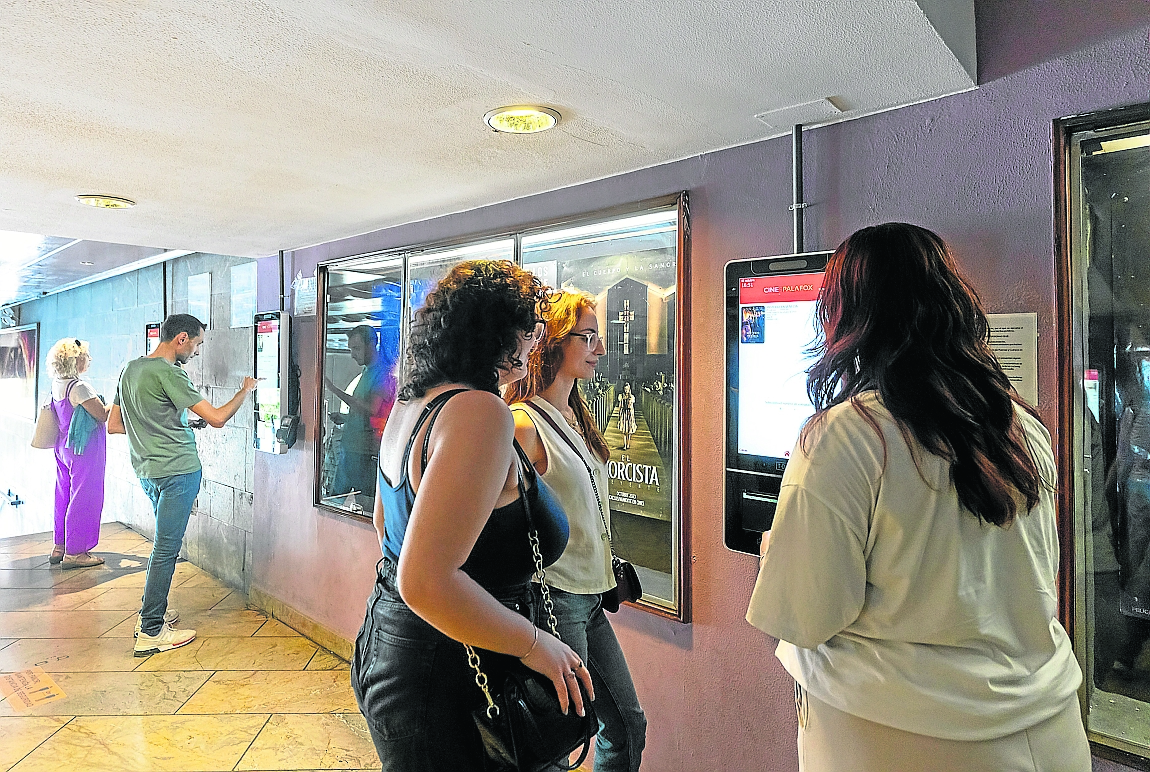Resistance Grows: Car Dealerships Oppose EV Regulations

Table of Contents
Financial Concerns Fueling Dealer Opposition to EV Regulations
The financial implications of the EV transition are a major source of opposition among car dealerships. The high initial investment costs and reduced profit margins associated with EVs pose significant challenges to their business models.
High Initial Investment Costs for EV Infrastructure
Adapting dealerships to service electric vehicles requires substantial upfront investment. Dealerships need to equip themselves with the necessary infrastructure to handle EVs effectively. This includes significant expenditures in several key areas.
- Cost of installing fast chargers: Installing fast-charging stations requires considerable investment in equipment and potentially grid upgrades. The cost can vary greatly depending on the number of chargers and the power capacity needed.
- Need for specialized EV technician training programs: EVs require specialized knowledge and skills for repair and maintenance, necessitating investment in training programs for existing technicians and recruitment of new, specialized staff. This includes training on high-voltage systems and battery technology.
- Potential showroom redesign costs: Showrooms might need renovations to accommodate the different needs of EVs, such as larger battery sizes and potentially different display requirements.
- Uncertainty around return on investment: The long-term return on these investments remains uncertain, particularly given the evolving nature of EV technology and market demand. Dealerships face risks in making substantial investments without a guaranteed payoff.
Reduced Profit Margins on EV Sales
Current profit margins on EV sales are often lower than those on gasoline-powered vehicles. This difference significantly impacts dealership profitability and contributes to their resistance to the rapid EV transition.
- Lower service revenue from EVs: EVs have fewer moving parts and require less frequent maintenance than gasoline cars, resulting in lower service revenue for dealerships.
- Increased competition from direct-to-consumer EV brands: The entry of direct-to-consumer EV brands bypasses traditional dealerships, intensifying competition and squeezing profit margins.
- Pressure to reduce sales prices to compete: The competitive EV market often necessitates lower sales prices, further impacting dealership profitability.
Operational Challenges and the EV Transition
Beyond the financial aspects, the operational challenges associated with the EV transition also fuel dealership resistance. These challenges include a lack of expertise and the complexities of inventory management in a rapidly changing market.
Lack of EV Expertise and Training
A significant hurdle for many dealerships is the lack of readily available expertise and trained personnel to handle the unique aspects of electric vehicles.
- Need for government-supported training initiatives: Government-supported training programs are crucial to bridge the skills gap and ensure that dealerships have the necessary expertise to effectively service EVs.
- Difficulty attracting and retaining EV-skilled technicians: Attracting and retaining technicians with the specialized skills needed for EV repair and maintenance is a competitive challenge for many dealerships.
- Lack of readily available training resources: The scarcity of comprehensive and readily accessible EV training resources further exacerbates the problem.
Inventory Management and Supply Chain Issues
The current supply chain challenges impacting the EV market are creating significant inventory management problems for dealerships.
- Difficulty forecasting EV demand: Accurately forecasting EV demand is difficult due to the rapidly evolving market and technological advancements.
- Uncertain delivery times from manufacturers: Uncertain delivery times from manufacturers make it challenging for dealerships to manage their inventory and meet customer expectations.
- Impact on customer satisfaction: Delays and uncertainties in EV supply can negatively impact customer satisfaction and potentially damage the dealership's reputation.
Concerns about Government Mandates and the Pace of Change
Dealerships also express concerns about the speed and nature of government mandates and their impact on the market.
Rapidly Shifting Regulatory Landscape
The constantly changing regulatory environment surrounding EVs creates uncertainty for dealerships. This makes long-term planning and investment decisions extremely difficult.
- Difficulty adapting to frequent regulatory changes: Dealerships struggle to keep pace with the frequent changes in EV regulations and standards.
- Need for clear and consistent government policy: Clear, consistent government policies are essential to provide dealerships with the stability they need to make long-term investments.
- Uncertainty about future EV mandates: Uncertainty about future regulations makes it difficult for dealerships to make informed decisions about their investments in EV infrastructure and training.
Lack of Consumer Readiness for Complete EV Transition
Some dealerships argue that the current consumer demand for EVs doesn't yet fully justify the rapid transition mandated by government regulations.
- Range anxiety and charging infrastructure concerns: Concerns about range anxiety and the availability of charging infrastructure remain significant barriers for many potential EV buyers.
- Higher purchase prices of EVs compared to gasoline cars: The higher initial cost of EVs compared to gasoline-powered vehicles continues to deter some consumers.
- Limited awareness of EV benefits among some consumers: A lack of awareness about the environmental and economic benefits of EVs among some consumers also impacts demand.
Conclusion
The resistance to stricter EV regulations from car dealerships is a complex issue stemming from genuine financial and operational concerns. Addressing these concerns through government support – including targeted financial incentives, robust training programs, and a more predictable regulatory environment – is crucial for a successful and equitable transition to electric vehicles. A collaborative approach, acknowledging and addressing the challenges faced by car dealerships, is vital to overcoming resistance to EV regulations and fully embracing the electric vehicle revolution. We need to work together to accelerate the adoption of EVs and build a sustainable automotive future.

Featured Posts
-
 Lynx Standout Makes Move To Golden State Valkyries
May 17, 2025
Lynx Standout Makes Move To Golden State Valkyries
May 17, 2025 -
 Como Ver Peliculas Por 3000 En La Fiesta Del Cine 2025
May 17, 2025
Como Ver Peliculas Por 3000 En La Fiesta Del Cine 2025
May 17, 2025 -
 Jack Bit Contender For Best Bitcoin Casino Of 2025
May 17, 2025
Jack Bit Contender For Best Bitcoin Casino Of 2025
May 17, 2025 -
 Eminem And The Wnbas Return To Detroit A Viable Partnership
May 17, 2025
Eminem And The Wnbas Return To Detroit A Viable Partnership
May 17, 2025 -
 Score Boston Celtics Championship Gear For Under 20
May 17, 2025
Score Boston Celtics Championship Gear For Under 20
May 17, 2025
